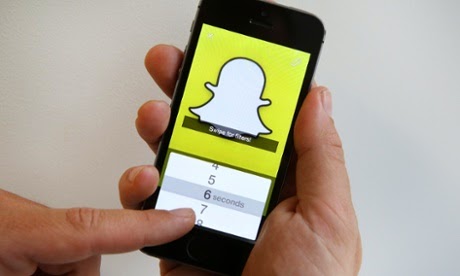Section 1
The writer in this section speaks about how it would be good if newspapers were to combine in a way and become to one to gain power again.
Section 2
This section he speaks about pay walls and saying that its not fair that some online sources give you pay walls and others do not.
Section 3
He then speaks about how newspapers and online should build some sort of partnership in a way that online will help the newspaper industry.
Section 4
It speaks about 3 scenarios and how they help newspapers and online survive and be successful
From this article it is clear to see that David is on the
side of newspapers and clearly wants them to survive against all the odds. He
states ways in which newspapers could try and survive and be successful within
one another, sort of like combining and becoming one. For e.g. every newspaper
having a pay wall with this people would have no choice but to pay for the news
and if one newspaper weren’t to do so then they wouldn’t be following and wouldn’t
be fair on other institutions. So he is basically we should pay for the news
and it is clear to see he is bias towards newspapers. He says it either will be
a success, failure or all the major institutions will take all the power this
is in the three scenarios in which he states at the end. He doesn't speak much
about the problems this may cause but speaks about how all the large
institutions may profit from this so called proposal he has come up with.
The big dogs of journalism must
act soon and decisively if they want to save the virtues and quality that
define the very notion of their profession.
I'd really rather pay for a good,
interesting, unbiased, informative, product of journalism than read amateur
bloggers who jot down a few sentences and then cover half of the screen with
screaming advertisements.
This agrees with what David says in that this person would pay to read something that is good not bias, so they are in favor of paying for the news in a agreement with David.
I'd be glad to pay a subscription; hell, I
pay subscriptions toward my TV bill to watch English football, and I would be
glad to pay for my newspaper online as well. I don't work for free, why should
any person think they should receive for free the work of tireless professional
journalists? This whole internet fantasy has all the value and charm of a
letter addressed to Santa Claus. Pay up, America, and grow up, too!
This is also in agreement with David in that this person would pay for subscriptions and that he already pays for other stuff and so should he pay for this as there are hard working journalists out there and people should pay to read what they are saying in agreement with David
I disagree to a large extent.
"Good writing" could just as easily (and perhaps be better with)
fiction. Their selling information. The "good writing" is the
wrapper, the nice box, the fancy bow. The distninguisher between the NYT and
the Picayune Post when they are both reporting on a health care bill or
homelessness etc.
The problem with newspapers being anything but content providers is now
they have a shell
to fill each and every day, new or no news. They have to have
something for "Metro", for
"Style", for "Sports"
because they have to have the advertising acreage out there. But that
works
against itself. If the news is just trimming around the money making
advertising then
quality suffers and after a lag, advertising suffers. This
starts the death spiral they are in
now. No money for reporters means no good
news articles means no space for advertising
.
Writing is a main distinguisher on longer investigatory pieces, which is
exactly what
content will generate the money. They need to be able to not
expend resources on garbage
"Metro" news and take the time for the
more in-depth articles.
This disagrees with what David is saying and believes that good writing isn't the answer and that more in depth articles that have been taken time doing is the answer as it would draw in more readers due to the better quality produced.
I believe that for journalists they all need to use a pay wall online this is because it would be only fair as if only some are doing it and some aren't its not fair on the ones that are as people would rather go to the one where you don't have to pay. Saying what I said in that they should all have a pay wall may have negative impacts on all journalism as I know I myself wouldn't pay to read about journalism. Mainly A and B psycographic groups would pay to read this journalism on the other hand I highly doubt others would as they may not be able to afford it or not wanting to pay. I myself wouldn't want to pay for the news as I believe I would be wasting money in which I could spend elsewhere.


